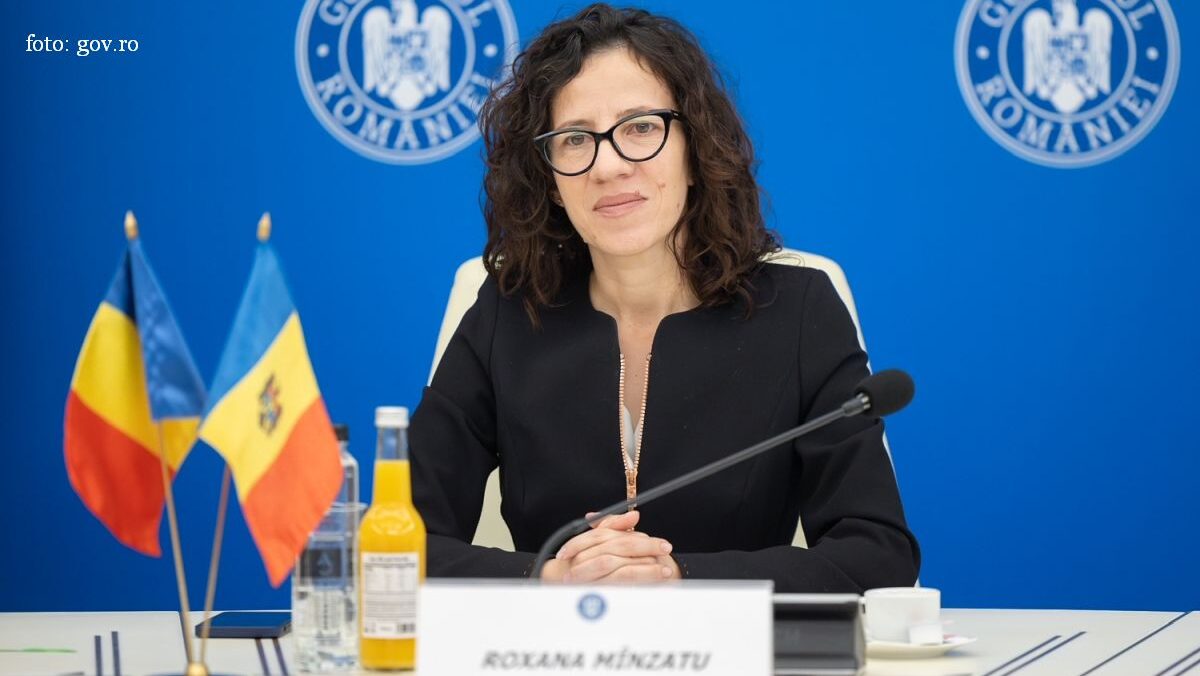Minimum wages to go up in Romania
The government of Romania announced an agreement was reached on increasing minimum wages as of January 1

Corina Cristea, 25.11.2022, 14:00
Faced with one of the steepest inflation rates in the European Union, Romanians have difficulties covering their current expenses. The low-income categories are hit the hardest, and can barely cope with prices that have been surging this year, against the background of the Russian Federations invasion in Ukraine.
This war has upset the lives of Ukrainians and has entailed sanctions for Russia, an energy crisis in the EU, reduced grain exports from Ukraine, growing isolation for Moscow and a higher inflation in Europe.
In Romania, the inflation rate has reached around 15.5%, and the National Bank expects it to go up to 16.3% by the end of this year. The situation requires measures, and decision-makers first looked at the elderly, for whom they recently decided to increase pensions by 12.5% as of January 1, alongside further assistance for the lowest-income categories.
Low-wage workers were next, and on Thursday the government and social partners reached an agreement. Gross minimum wages will be raised from approx. EUR 510 at present to nearly EUR 600 as of January 1. A total of 2.2 million employees will receive some additional money. Also, in constructions the minimum wage will be around EUR 800.
The decisions were made following consultations between the government, trade unions and employers associations. Representing small and medium enterprises, Vasile Priceputu explained that out of the EUR 600, EUR 40 will be tax-free, and added that early next week the members of the three-party council for social dialogue will also discuss possible deductions for the amounts in excess of EUR 600.
Vasile Priceputu: “People must know that the minimum wages will be RON 3,000 as of January 1, 2023, and RON 200 will be deductible. As I said during the meeting, we all want our employees to make more money. Lets be reasonable, in constructions there are no net salaries below RON 4,000. Even the worst unskilled worker gets more than RON 4,000. This is also a reasonable suggestion, and the Council supported it.”
The increase is expected to have a positive impact on economic growth, both by encouraging employment and strengthening peoples spending power, and by reducing illegal employment. On the other hand, the labour ministry argues that raising minimum wages will also encourage certain categories of employees, particularly women and youth, to go into sectors with high demand for workforce. (AMP)






























